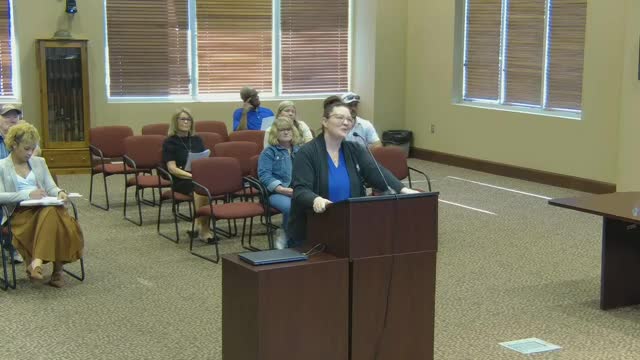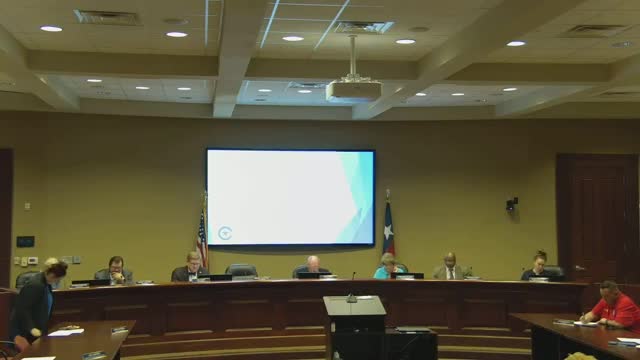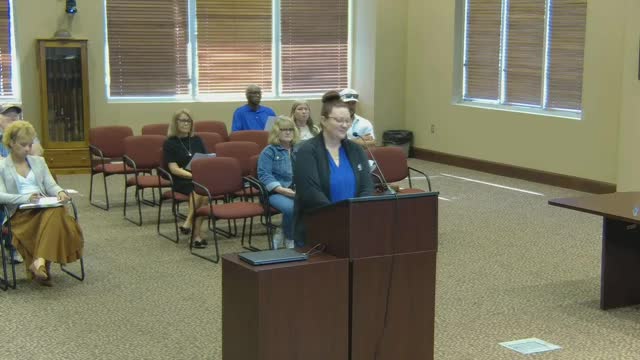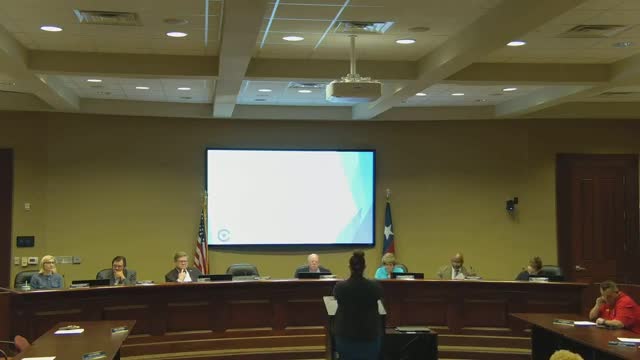Article not found
This article is no longer available. But don't worry—we've gathered other articles that discuss the same topic.

City announces candidate forum, Easter egg hunt, farmers market and splash park opening

City manager reports March revenues, CD roll plan and temporary hiring freeze

Commerce council shortens park hours to 5 a.m.–10 p.m. amid vandalism concerns

Commerce council approves amended contract with Tyler Technologies for ENCODE 10 upgrade

